|
The first transnational meeting of the “Internet of Things security nuggets” - a strategic partnership co-funded by the Erasmus plus programme of the European Commission, took place on 9-10 October 2018 in Sofia and was hosted by University of Library Studies and Information Technologies (ULSIT), the project coordinator. Partners in the project are:
The project aims at developing a new methodology and framework with a model of digital competence for the Security of the Internet of Things (IoT) ecosystem including security and privacy to face the challenges that cybersecurity put in place. It is targeting VET providers and trainers in the ICT field, software engineers and programmers who want and need to update their competences, skills, and knowledge in cyber security of the ecosystem of IoT. And, ICT entrepreneurs who have, want, and/or would like to start a business in the IoT field. IoT security nuggets: 2018-1-BG01-KA202-047919 is an Erasmus + project. For more information about the project, read here. Did you know that SMEs represent 99% of all businesses in the EU? Or that statistics from the European Commission (EC) outline that in the past five years SMEs have created around 85% of new jobs and have provided two-thirds of the total private sector employment in the EU? The availability of skilled labour is an important prerequisite to the SMEs’ prosperity, however, there is a mismatch between the skills the labour market demands and those that the education and training system provides. In order to tackle this mismatch, the EC has identified that quality work-based learning (WBL) and apprenticeships can be an efficient way of addressing labour market imbalances. What is work-based learning?“Acquisition of knowledge and skills through ‘carrying out – and reflecting on – tasks in a vocational context, either at the workplace (such as alternance training) or in a VET (vocational education and training) institution”. What is apprenticeship? “Systematic, long-term training alternating periods at the workplace and in an educational institution or training center. The apprentice is contractually linked to the employer and receives remuneration (wage or allowance). The employer assumes responsibility”. In countries, where there is a well-established apprenticeship system, such as UK, Austria and Germany, SMEs contribute strongly to the training of the future workforce through their involvement in work-based learning and apprenticeship schemes. On the contrary, in countries with more school-based systems such as Slovakia, Spain, Portugal, Greece and Bulgaria, the engagement of SMEs in the supply of placements is more challenging as they lack the support systems and fail to realize both the financial and social benefits. Based on this need, the project - “Return on Investment of Work Based learning and apprenticeships” (project N°: 2017-1-SK01-KA202-035375) suggests the development of a return on investment (RoI) model and digital tool that will allow European SMEs to calculate and visualize how investment on WBL and apprenticeships can manifest to multiple benefits, especially economic benefits, which you can have a glimpse on below. 10 Economic benefits for SMEs
ConclusionIn conclusion, there are a number of key benefits of work-based learning and apprenticeships for SMEs, which are not always considered by the companies. If you are leading one of the 99% of SMEs in the EU, wouldn't you want to increase your productivity and innovation capacity? Or strengthen your brand as an employer, develop your talent in-hose and increase your retention rate? Overall, wouldn't you want to decrease your talent acquisition costs? If every employer asks themselves these questions, it appears significantly evident how important it is to review their practices regarding work-based learning and apprenticeships and to better evaluate their future investment. However, more awareness needs to be raised about the benefits of WBL and apprenticeship among SMEs as well as support. “Return on Investment of Work Based learning and apprenticeships”, co-funded by the Erasmus+ programme of the European Union has developed a return on investment (RoI) model and digital tool that allows European SMEs to calculate and visualize how investment on WBL and apprenticeships can manifest to multiple benefits.
The Model for calculating the return on investment (ROI) of worked-based learning and apprenticeship reflects the perspective of the consortium project - “Return on Investment of Work Based Learning and Apprenticeships”, coordinated by Slovakia, with partners from Portugal, Greece, Bulgaria, Cyprus, Italy, United Kingdom and Spain. For more information about the partners in the project, read here. The “RoI of WBL and apprenticeships” is based on the traditional model of calculating ROI, taking into consideration the costs and benefits of the SMEs regarding their investments in WBL and the apprenticeship courses. The list/menu of key “costs” and “benefits” proposed by the model are based on national research reports, developed for partners' countries (such as Slovakia, Portugal, Greece, Bulgaria, Italy and Spain), highlighted the SMEs' needs and their national apprenticeship system. What is ROI?ROI is the calculation that compares the value of outcomes (changes as a result of an activity) to the value of the resources needed to create them. Presented as a ratio, the value of outcomes is divided by the value of resources required to create them. The results of the calculation demonstrate the efficiency of an investment or activity. This can support the decision-making process by highlighting if an investment provides a positive return, and if there is more than one option, it can help decide which option provides the greatest return. The return on investment formula is: ROI = Value of outcomes / Value of investment In the above formula, "Value of outcomes” refers to the aggregated value of all of the included outcomes of investing in WBL. As well as presenting results as ROI, the net present value of money can also be used to support the decision-making process. This is calculated by subtracting the value of the investment from the value of the outcomes. The net present value formula is: Net present value = Value of outcomes – Value of investment
|
The project aims at developing a new methodology and framework with a model of digital competence for the Security of the Internet of Things (IoT) ecosystem including security and privacy to face the challenges that cybersecurity put in place.
No one doubts that the Internet of Things (IoT) represents a massive opportunity for businesses and consumers. Most organizations are only just starting to scratch the surface of what they can achieve with IoT solutions. On the other hand, security is what really needs to be designed from the very beginning of developing IoT services and products.
The growing threat of cyberattacks has made governments and companies more aware of the need to defend the computerized control systems of utilities and other critical infrastructure.
The project is targeting VET providers and trainers in the ICT field, software engineers and programmers who want and need to update their competences, skills, and knowledge in cyber security of the ecosystem of IoT. And, ICT entrepreneurs who have, want, and/or would like to start a business in the IoT field.
Partners in the project are:
- University of Library Studies and Information Technologies (ULSIT), Bulgaria
- Knowledge, Innovation and Strategies Management Club, Bulgaria
- IDEC: Aintek symvouloi epicheiriseon ypsilis technologias ekpaidefsi anonymi etaireia, Greece
- The University of Deusto, Spain
- Dlearn: European Digital Learning Network, Italy
- GAIA: Asociacion de industrias de conocimiento y technologia, Spain
IoT security nuggets: 2018-1-BG01-KA202-047919 is an Erasmus + project.
For more information about the project, read here.
The conference was organised to reveal the results of the 2-years DigiThink project, where 6 organisations were working together: KISMC - Bulgaria, State University of Library Studies and IT - Bulgaria, University of Deusto - Spain, Tecnalia - Spain, Constantine the Philosopher University in Nitra - Slovakia, Training 2000 - Italy. In addition to that, the international conference "Digital Skills & Innovation @2030" brought together innovation and digital experts, entrepreneurs, investors, academicians, professionals and stakeholders in the innovation and entrepreneurship ecosystem. During the event like-minded people had the opportunity to exchange views on various topics in the digital, innovation and entrepreneurship space and discuss potential collaboration.
The event was full of excitement, great networking over glasses of wine and plenty of follow ups bringing potential opportunities for everyone.
1. Design Thinking for DigiThink
- Human Oriented approach: “Empathising”
- We focus on the “creators” of new digital products and services, their needs and the environment for their activity.
- In today’s fast developing and increasingly digital world, organizations face many challenges: disruptive technologies, economic pressures, globalization and, mainly, keeping up with changes in customer behaviour.
2. Objectives for "Design Thinking for Digital Innovation"
- to take students out of their comfort zone of learning to create innovative products and services
- to encourage students to start their social businesses
- to develop necessary digital skills for both target groups: student teams - digital business creation and lecturers – open educational resources in courses
- to develop empathy, ethics, values, and sense of social responsibility.
3. Responsible Research & Innovation (RRI)
- A major part of the current EU Research Framework Programme “Horizon 2020” is dedicated to societal challenges.
- Challenge-driven programmes are usually interdisciplinary and often cover the entire innovation chain from fundamental research to demonstration.
- Within the R&I system there have been examples of controversies and failures in fulfilling societal expectations in part because not all key actors were engaged
- Certain key issues (or policy agendas) need to be taken into account:
- ethics
- gender equality
- governance
- open access
- public engagement
- science education
4. Experience Logic Marketing & Design Thinking
5. The Agile School & Scrum Ban Lab for Business
- A lab for experiments for creating didactic instruments based on the toolbox applied in real practice
- Parents are the stakeholders in the education process and are kind of Product Owners, along with teachers
- Teachers are moderators, mentors and observe the processes of building the "overall picture" as they are the Product Owners together with the representatives of the companies, organizations and institutions
- Students self-organize, self-assess (somewhat) and work in teams / clusters
6. Gameplay for Inspiring Digital Adoption (GIRDA)
- GIRDA is using multiplayer touchscreen games to introduce older people to digital technology. The aim is to help them build confidence, motivation and skills in an informal, social setting where there is no pressure to learn.
- Research has shown how trust and confidence in using the internet grow quickly with first-hand experience - but many older people don’t take the first step.
7. Design Principles in Higher Education
- The dimensions of wickedness are prevalent in the problem; and
- Student tasks are challenging and require them to get involved in the problem. This leads to the (experienced) open-endedness of the problem solving process and the need to cross boundaries.
- Ensure alignment between learning goals, coaching, assessment with regard to boundary crossing
- Organize milestones.
8. Is Design Thinking the Right Tool?
- developing technology enablers?
- creating startups?
- easily design products?
9. Cluster & Digital Innovation Hub
An important component within the cluster is the development of working groups such as:
10. Design Thinking & Intrapreneurship
Where to start from?
No, it's not creating ideas...
It is FINDING PROBLEMS.
Combining empathy, creativity, collaboration and prototyping.
11. Entrepreneurship & Innovation
- Entrepreneurs use innovation to drive and achieve change for commercial or socio-economic results
- Innovation underpins the differentiator that allows the entrepreneurs to succeed by utilising their unique skills-set and personality
12. SMEs Innovation & Growth Acceleration
- SMEs represent 99% of all business in the EU
- SMEs are the backbone of the economy and have skills they can leverage
- Start-ups are interesting but risky (96% die before they turn 5 years)
That is why the IXLerator has been designed to take multiple teams in the creation of the
innovation process system and obtaining results in SMEs.
13. Smart Cities & Accelerating Innovation
Conclusion
If you didn't have a chance to attend, don't forget to follow our social media as well as sign up for our Newsletter.
However, most of us know, have seen or/and have attended the large number of events that have been taking place in Sofia and Bulgaria in the last 6 months because of Bulgaria holding the Presidency of the Council of the European Union. Despite that, we believe that 'Digital Skills & Innovation @2030' will bring value to you and below you can find 6 reasons why you should attend it.
1. Conference programme featuring international panellists
2. Panels with exciting topics to inspire hot discussions
3. Deeper understanding of Design Thinking for Digital Innovation
4. Practical workshop / Competition game on Design Thinking
5. Wine Networking
6. Meet all the project partners/conference organizers for potential future collaboration
The group gathering took place as part of the main project objective of BASET: Boost Aid for Social Entrepreneurship through Training which is to establish and maintain a well-developed and a more effective the process of training the trainers of social entrepreneurs (SE).
For more information on the focus group, please read here
The results will provide the base for the elaboration of the digital tool for the calculation of the return on investments (ROI) of WBL and apprenticeships made by SMEs. The research is part of the project “Return on Investment of Work Based learning and Apprenticeships” project N°: 2017-1-SK01-KA202-035375.
We would highly appreciate your participation in this study. The research is taking place in all the countries of the project's partnership: Bulgaria, Greece, Italy, Portugal, Slovakia, Spian and the UK. However, with this post we are focussed on Bulgarian SMEs and will take you a few minutes to enourmously help the study.
* In the processing of analysis data, partners will maintain the confidentiality of your response.
Why the ROI Project?
The innovative force of the project is the development of a model of costs and benefits calibrated on the specific needs of small and medium enterprises (SMEs) in order to calculate in advance the return of investments. Differently from traditional ROI analysis, the model presented by the project focuses on both SMEs-related benefits as well as on society-related ones in order to clearly demonstrate the multilevel outcomes derived from work-based learning practices.
Your Contribution to the Research Matters
1. Model for Return on Investment of WBL and apprenticeships
2. Digital tool
3. Good practice guide
For more information on the tools, please read here and below you will find useful information from the resources you will have access to when they become available:
- If you are an SME already involved in apprenticeships, you will gain a model and a practical digital tool to calculate the return on investment from your engagement in the provision of WBL and apprenticeships. You will also benefit from the opportunity to promote your related activities through the Good Practices Guide and the participation in the apprenticeships-friendly enterprises badge. This will allow you to gain visibility on your local and national markets, as a company that cares for their apprenticeships. This visibility will support your company’s’ image and social responsibility.
- If you are an SME with no previous experience in apprenticeships, you will get familiar and discuss the benefits of apprenticeships for the local development and the progress of your own company. By visualising the benefits for your company, through the provision of WBL and Apprenticeships, you are expected to engage in the provision of such positions thus enhancing the overall VET provision at local level and enhancing access to training and qualifications for all.
- If you are a VET provider, you will have at your disposal a model and a digital tool to promote to SMEs in order to engage them in the provision of apprenticeships. This way you will be able to find more easily apprenticeship positions for your learners.
- If you are a policy maker, you will be able to use the model and the digital tool results in your decision making processes in order to discuss the funding mechanisms for apprenticeships and engage in a dialogue with SMEs, VET providers and social partners for the identification of a sustainable funding formula.
* Erasmus+ is the European Union’s (EU) programme for education, training, youth and sport, with the EU committing £12 billion to the programme between 2014 and 2020. By 2020 it is expected that over 800,000 education and training staff and youth workers will teach or train abroad across Europe with Erasmus+. Projects provide opportunities for learners and staff to improve their skills, enhance their employability and gain cultural awareness.
Knowledge, Innovation and Strategies Management Club (KISMC) is a partner along with a diverse and complementary mix of organisations - from Slovakia the Technical University of Kosice (TUKE), 3 training organisations active in VET: IDEC - Greece, CECOA - Portugal, PIT - Spain and also from the UK - Social Value UK - a network focusing on social value and social impact, from Italy a network focusing on the promotion of digital learning and use of ICT - DLEARN and an ICT company focusing in ICT-enabled E&T - Cosmic Innovations - Cyprus.
Calculate the ROI for Apprenticeships & WBL
For SMEs with limited financial resources, work based learning (WBL) represents an important tool. The RoI online tool offers:
- a cost and social benefits model calibrated on specific needs of SME managers and entrepreneurs to calculate the RoI for apprenticeships and WBL supply.
ROI Project Objectives
- Contribute to the sustainable investment of WBL and apprenticeships by making apparent their benefits for both individual SMEs and the society as a whole
- Develop a model for the calculation of RoI of WBL and apprenticeships by SMEs
- Design a digital tool that will demonstrate the RoI model in a visual way
- Develop a Good Practice Guide addressed to SMEs, giving guidance on how to design, implement and monitor profitable apprenticeship practices which can benefit the enterprise, the apprentice and the entire society
- Create and promote an apprenticeship-friendly SMEs badge to increase the engagement of companies in the provision of WBL
- Promote a VET – SMEs cooperation, through experimentation and validation of the RoI model
A Project Designed to Engage
- Managers, staff and trainers from SMEs that already host or are interested in providing WBL and apprenticeship;
- Staff from VET providers, i.e. VET teachers and trainers, administrative staff dealing with apprenticeships, etc;
- Policy makers, representative of stakeholders, VET expert and practitioners, social partners.
In addition to that, long-term beneficiaries such as VET learners who will benefit from the increased provision of WBL opportunities in their local, regional and national area.
The project has been successful in the Erasmus+ call in 2017 and consequently co-funded by the Erasmus+ Programme of the European Union for its 2-years' implementation. Erasmus+ is the European Union’s (EU) programme for education, training, youth and sport, with the EU committing £12 billion to the programme between 2014 and 2020. By 2020 it is expected that over 800,000 education and training staff and youth workers will teach or train abroad across Europe with Erasmus+. Projects provide opportunities for learners and staff to improve their skills, enhance their employability and gain cultural awareness.
During the kick off meeting in Sofia all partners discussed their previous experience in social entrepreneurship and agreed on an agenda that would focus on producing quality intellectual outputs that would assist all stakeholders in the social entrepreneurship ecosystem.
KISMC Team
Blog post by our team, innovation contributors, VIP members, blog guests, etc.
Archives
January 2024
June 2023
May 2023
March 2023
February 2023
January 2023
November 2022
October 2022
May 2022
June 2021
May 2021
April 2021
December 2020
September 2020
August 2020
July 2020
June 2020
May 2020
December 2019
November 2019
July 2019
May 2019
April 2019
March 2019
February 2019
July 2018
June 2018
February 2018
January 2018
December 2017
November 2017
April 2017
December 2016
November 2016
October 2016
September 2016
December 2015
May 2015
December 2014
November 2014
October 2014
August 2014
July 2014
June 2014
April 2014
December 2013
October 2013
February 2013
Categories
All
Apprenticeships
Artificial Intelligence
Business
Business/University Collaboration
Carbon Footprint
Circular Economy
Climate Innovation
Conferences
Corporate Entrepreneurship
Cyber Security
Design Thinking
Digital Disruption
Disruptive Technologies
Education
Entrepreneurs
Entrepreneurship
Erasmus+
Events
Experiential Learning
Fight Climate Change
Finance
Funding For Innovation
Future Of Work
Green Entrepreneurs
Green Transition
Horizon 2020
ICT
Ideation
Industrial Enterprises
Industry 4.0
Innovation
Innovation Culture
Innovation Management
Innovation Policies
Innovation Projects
Innovation Strategy
Internet Of Things
Investors
Mentors
News
Open Innovation
Positive Impact
R&D
ROI
Scale-up
Science
SDGs
Smart Cities
Smart City Technology
SME Instrument
SMEs
Social Entrepreneurship
Sofia
Software Engineers
Startup
Students
Survey
Sustainable Innovation
Sustainable Workplaces
Universities
Work Based Learning
Work-based Learning
Workshop
|
The Knowledge, Innovation and Strategies Management Club is a non-profit organisation set up in Sofia, Bulgaria in 2012 to foster knowledge and innovation management across South East Europe. KISMC is supporting the development of the innovation ecosystem in the region by bridging the gap between education, research and business.
|
© COPYRIGHT 2013- 2021. KISMC. ALL RIGHTS RESERVED.
|


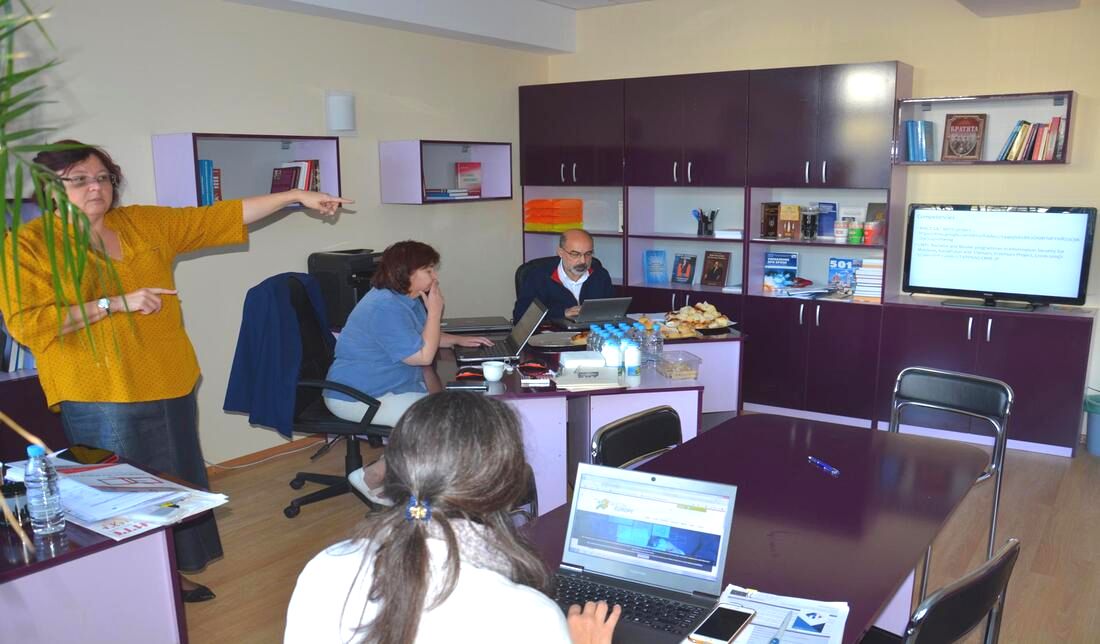
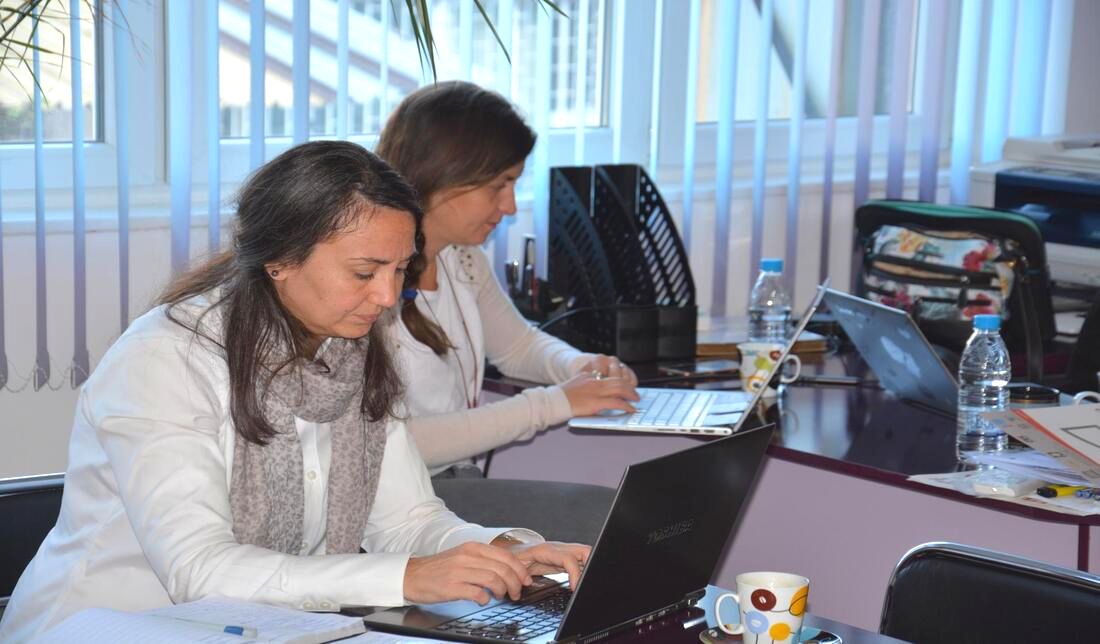





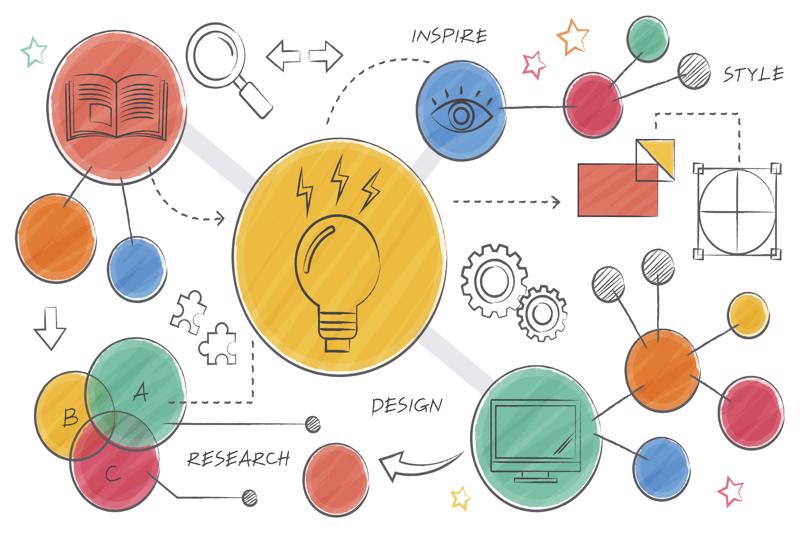
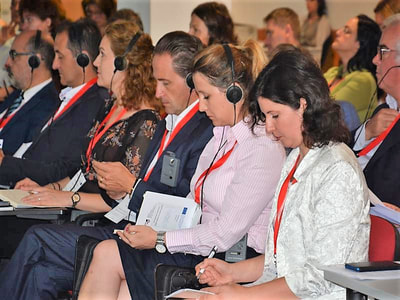
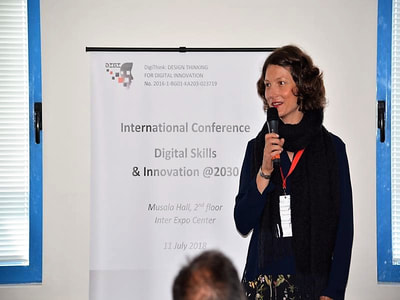
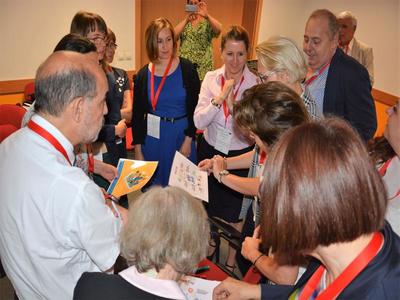
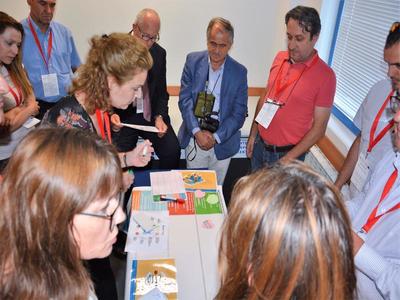
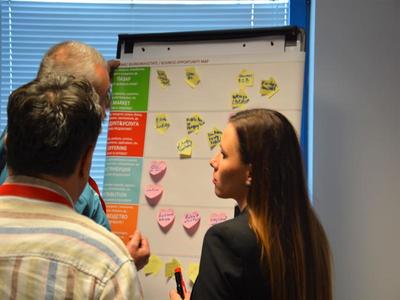
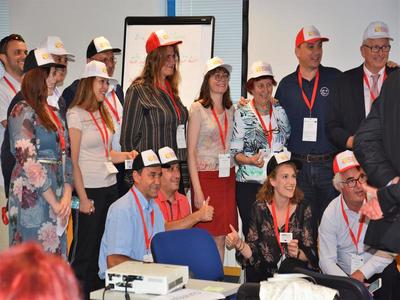
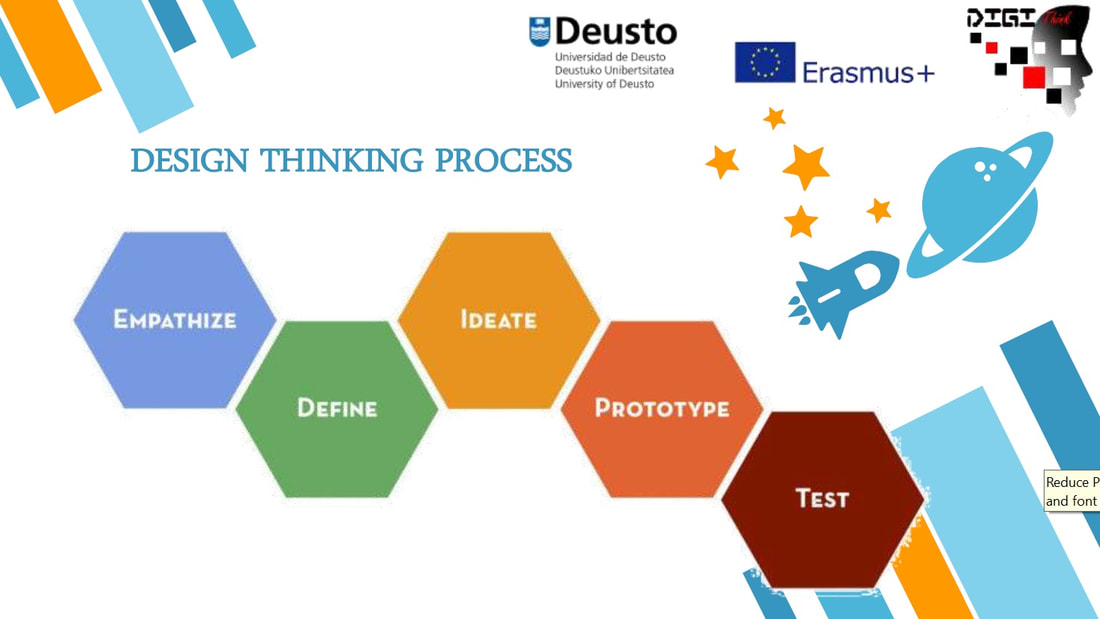
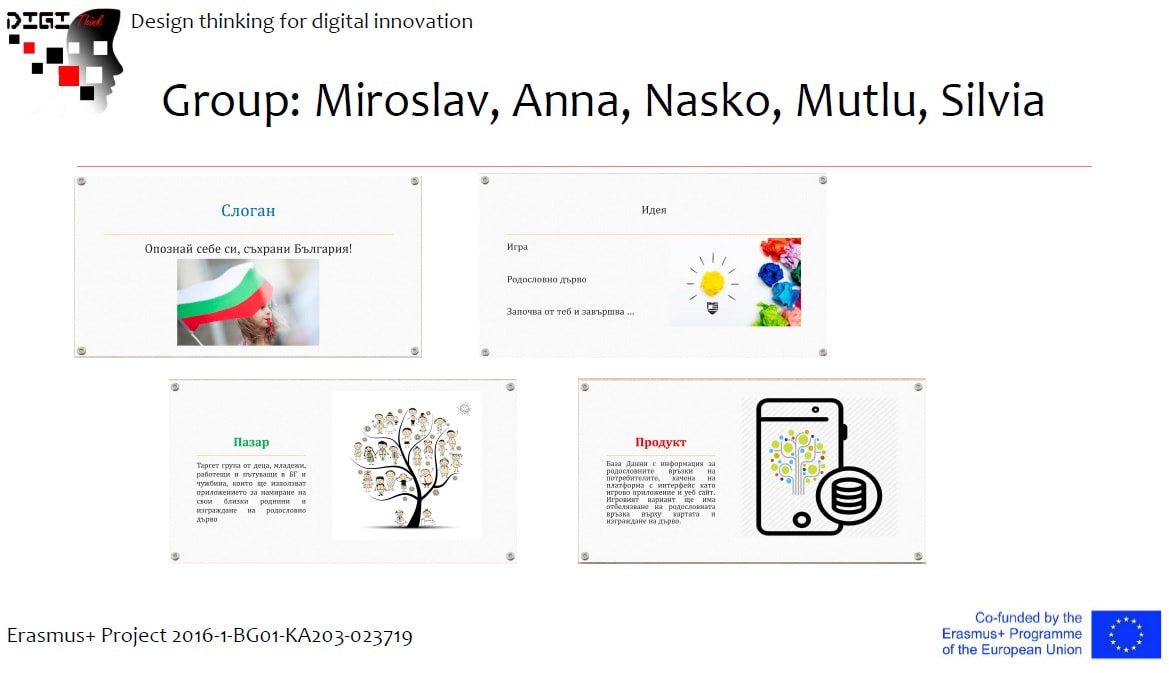
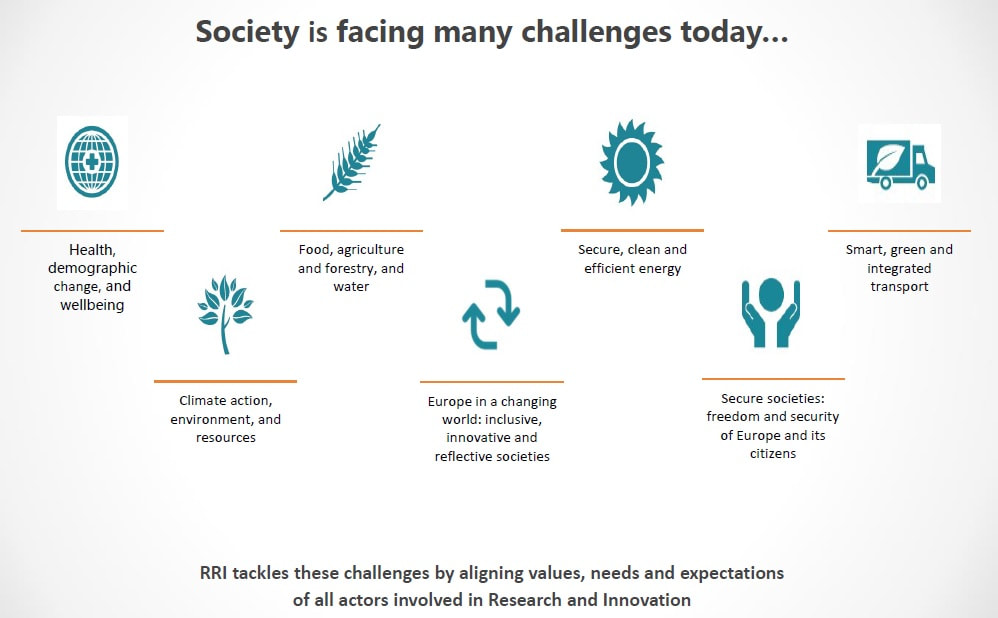
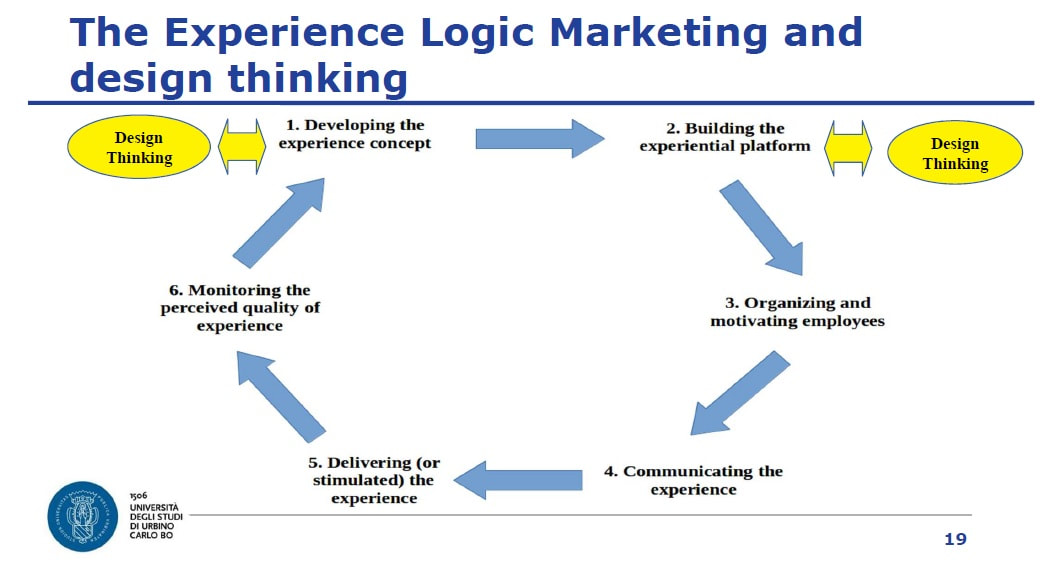
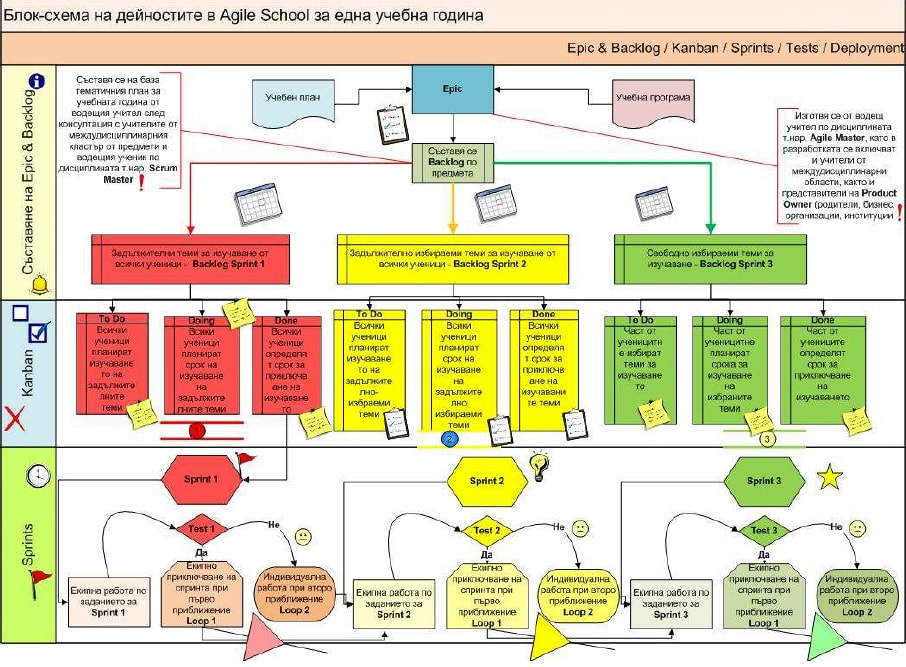
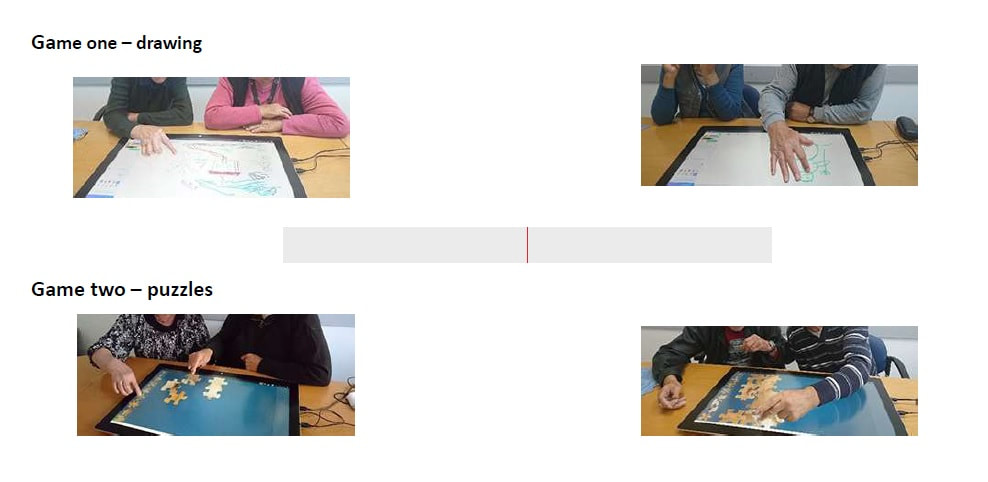
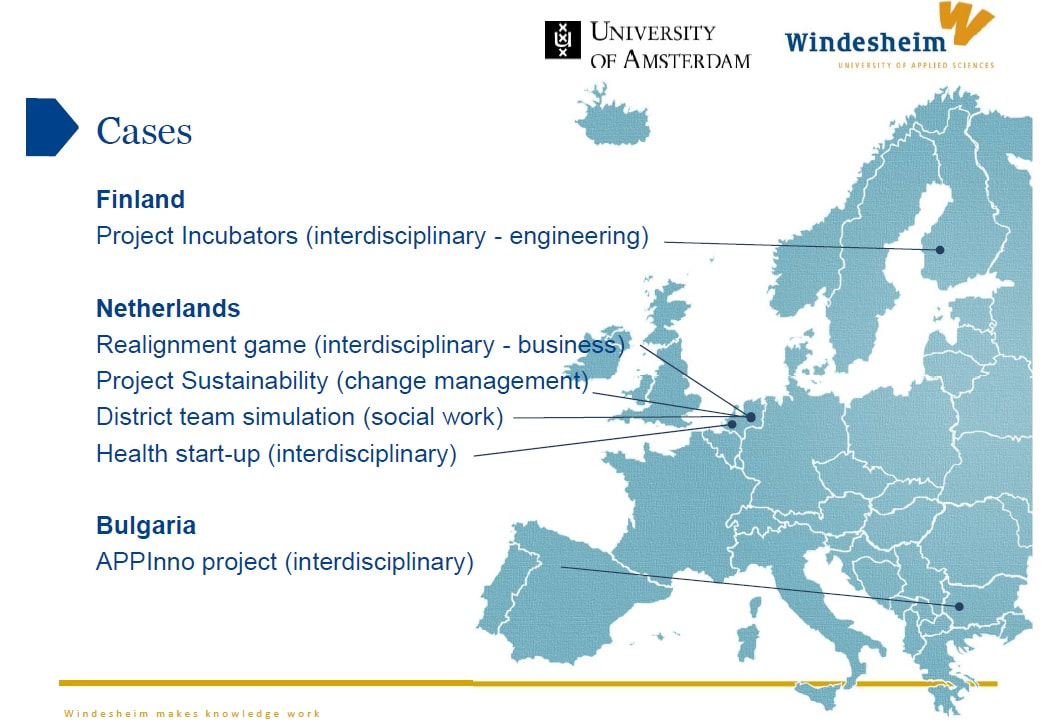
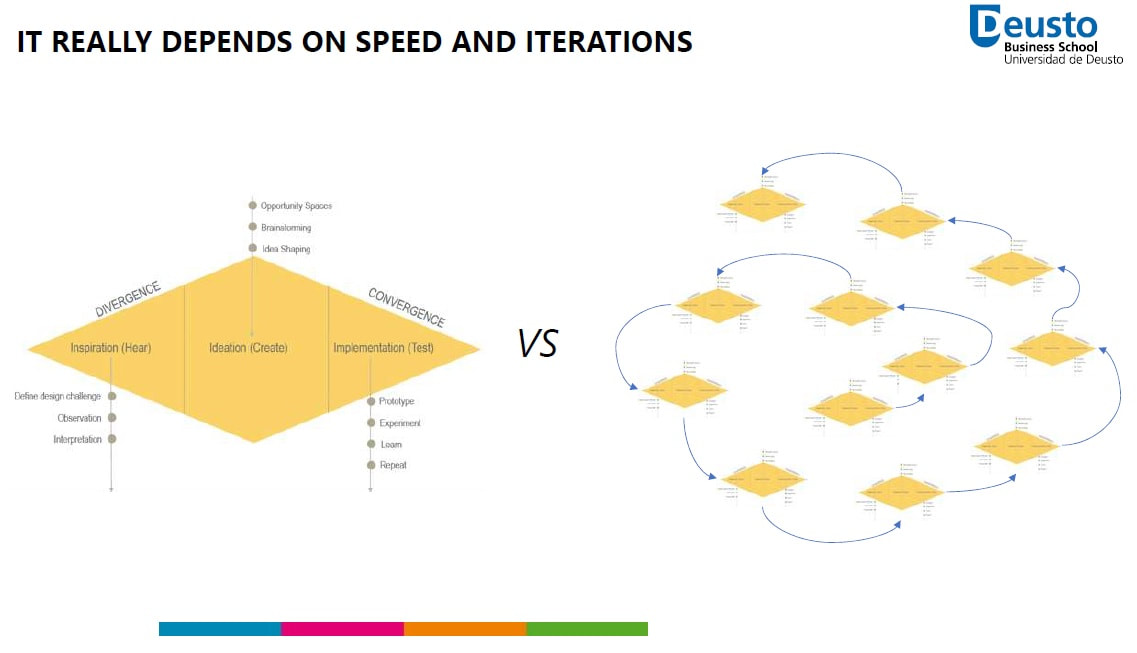
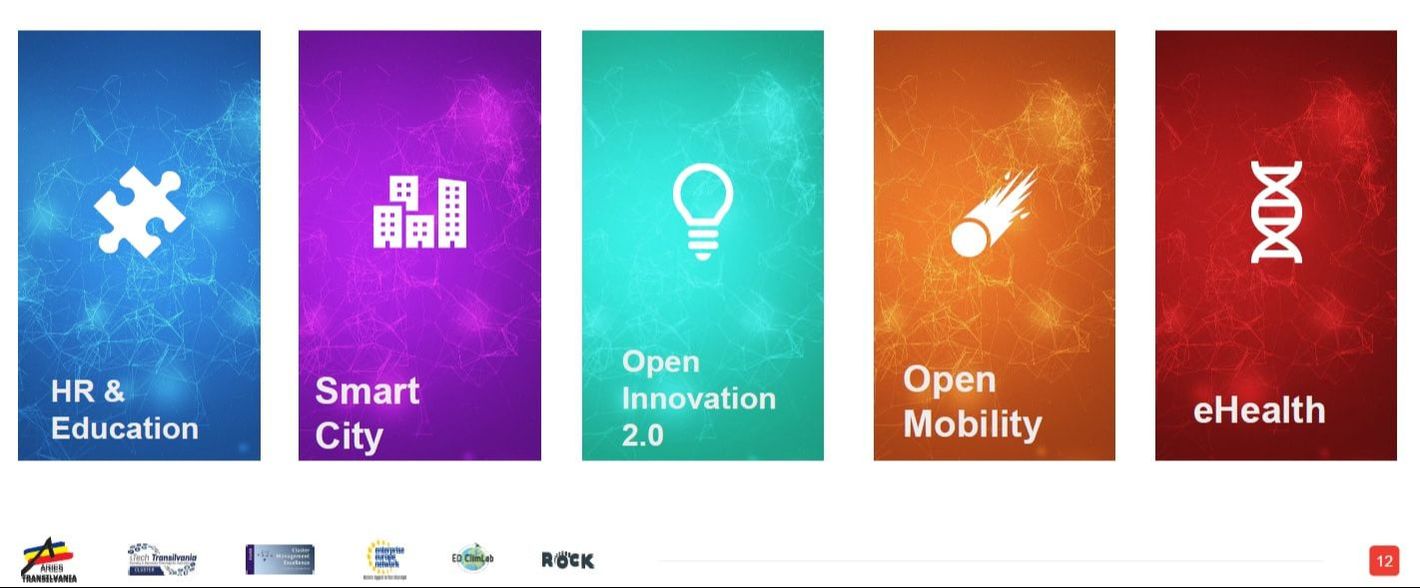
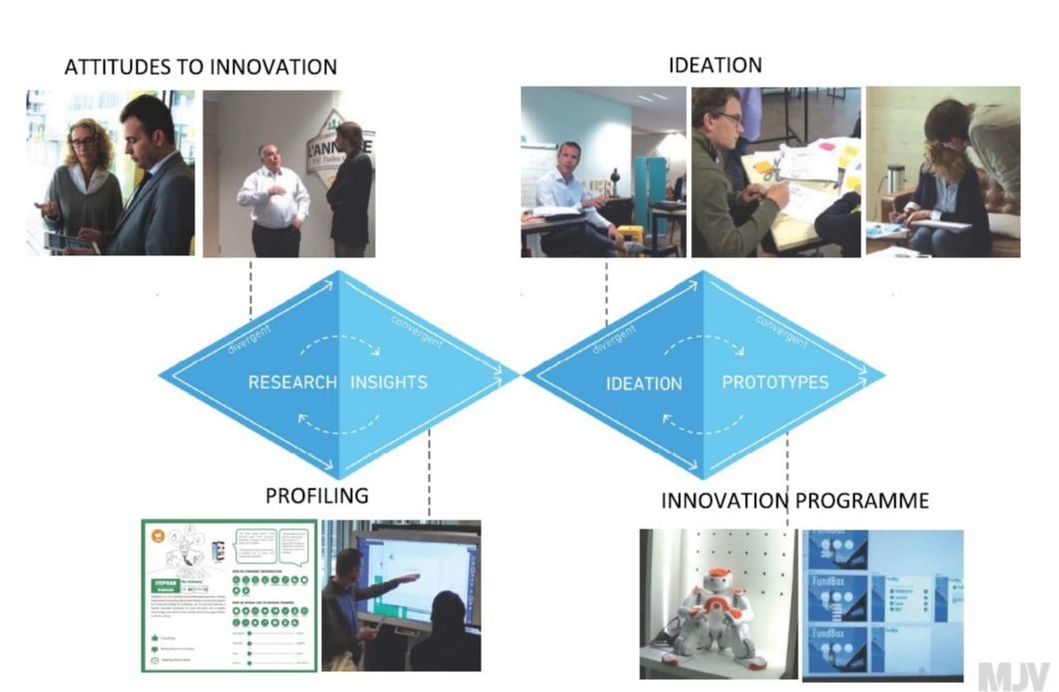
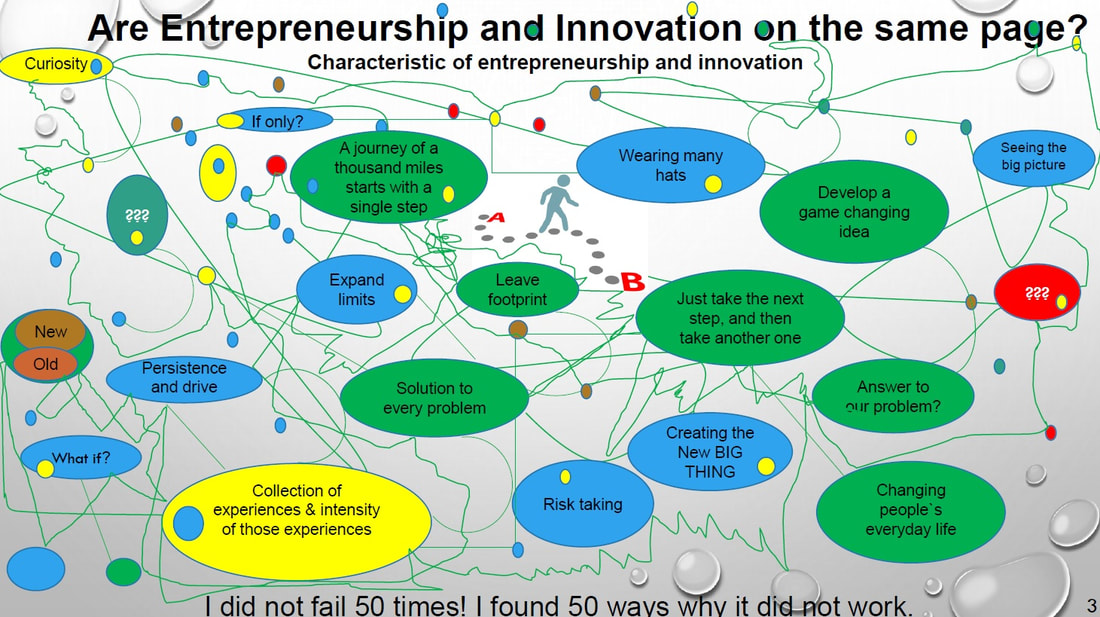
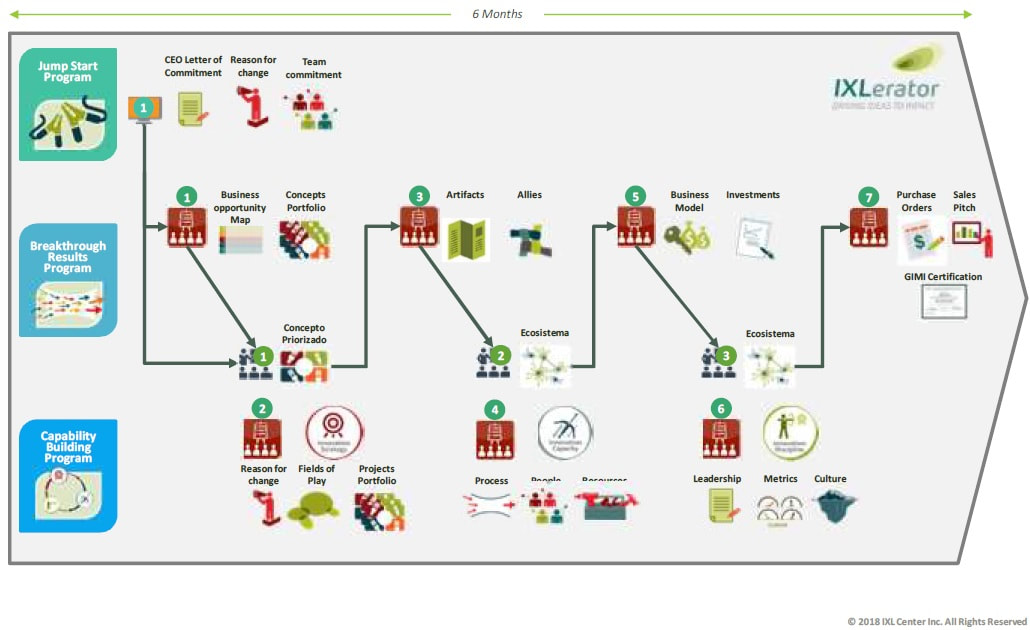
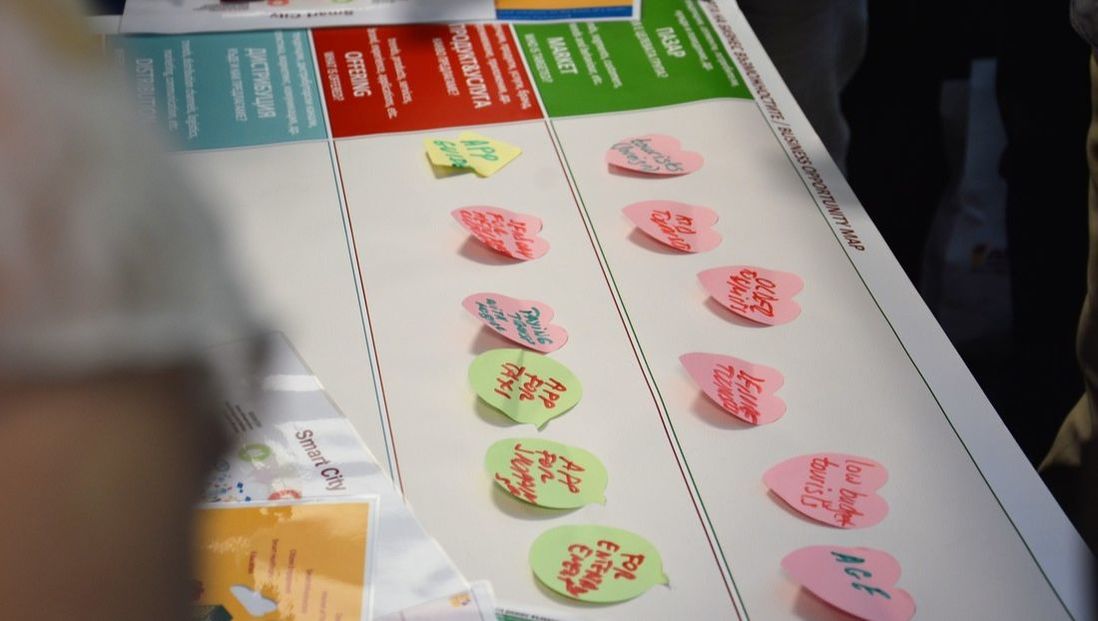









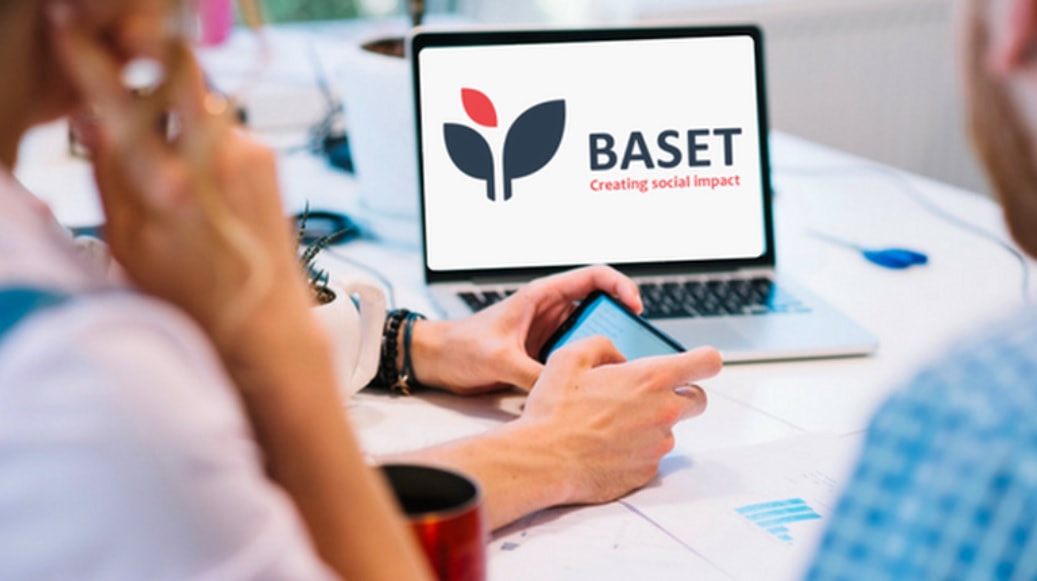
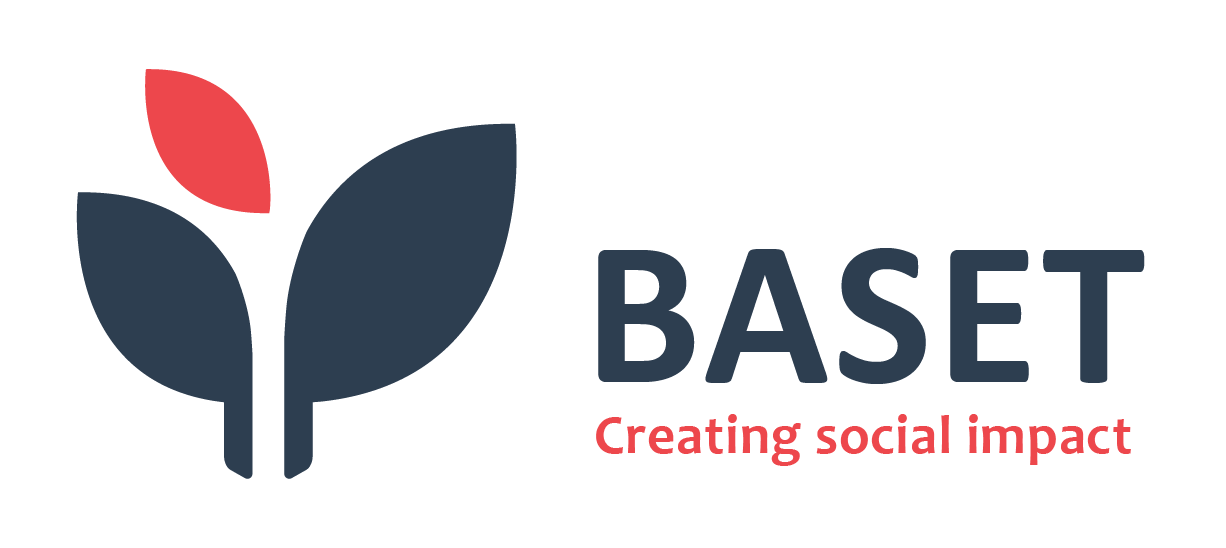

 RSS Feed
RSS Feed